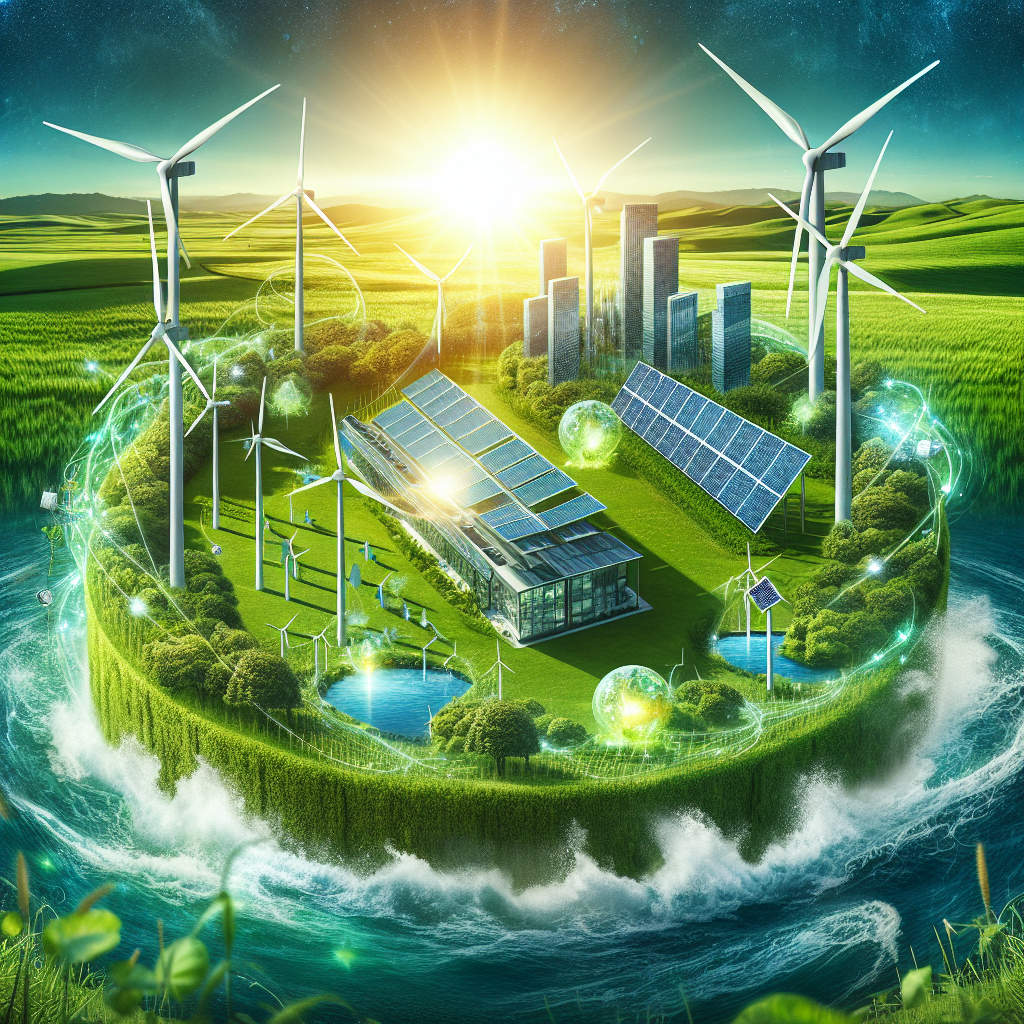Europe's Energy Dilemma: Navigating Dependence and Diversification
Europe faces a delicate balance in ensuring energy security following the Russia-Ukraine conflict. While U.S. LNG temporarily offset the loss from Russian gas, European executives are reconsidering limited Russian imports amid diversification challenges. The geopolitical landscape and trade tensions underscore the need for strategic energy diversification.

In the aftermath of Russia's invasion of Ukraine, Europe's energy security has become increasingly precarious. The energy crisis of 2022-2023 saw U.S. liquefied natural gas (LNG) fill the void left by Russian supplies to Europe. However, shifting U.S. policies under President Donald Trump have left European businesses wary of over-reliance on American energy.
As tensions persist, EU executives are contemplating the return of Russian gas imports, a notion previously deemed untenable. Although pledging to end Russian energy imports by 2027, Europe's limited options and the stalled gas talks with Qatar have prompted considerations of importing once again from Russia, including via Gazprom. Executives stress the importance of diversified energy routes to enhance security.
In Germany, the dependence on Russian gas, especially in industrial hubs like Leuna Chemical Park, has led to job cuts and calls for cheaper energy solutions. Political and economic stakeholders are urging the federal government to explore reliable energy partnerships while remaining cautious of the potential geopolitical implications of over-reliance on U.S. gas.
(With inputs from agencies.)










